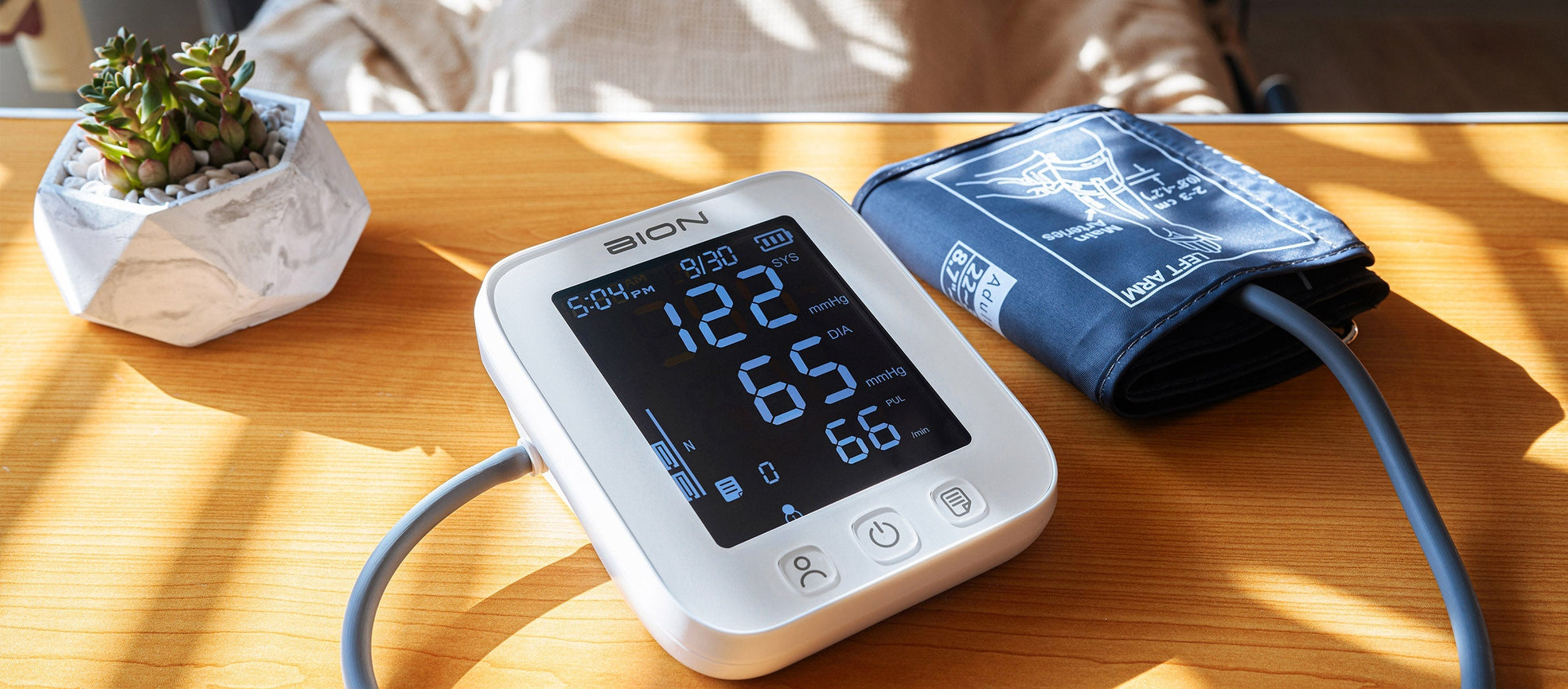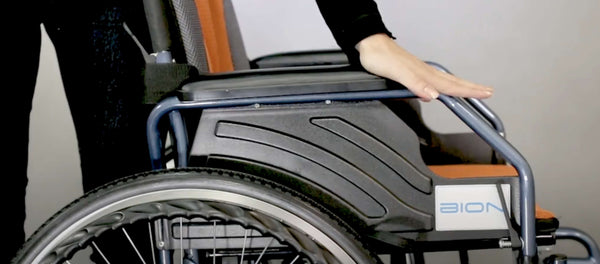Primary Hypertension
High blood pressure is an asymptomatic condition that is detrimental to cardiac health. The most common type of hypertension affecting most adults is primary hypertension, also known as essential hypertension. It is hypertension without an identifiable cause.
Risk factors
You might be more prone to high blood pressure if you are:
- Overweight
- Living a sedentary lifestyle
- Suffering from stress and anxiety
- Drinking too much alcohol
- Smoking cigarettes
- Deprived of sleep
- Eating too much sodium (salt)
Secondary Hypertension
In some cases, high blood pressure can also be triggered by underlying medical conditions, also known as secondary hypertension.
Underlying medical conditions (secondary hypertension)
The following are health conditions that are prone to develop high blood pressure:
- Cardiovascular disease
- Diabetes
- Kidney diseases
- Thyroid
- Hormonal Disorders
- Pregnancy
- Genetics
Tips to Help You Reduce Your Blood Pressure
A. Keep track of your blood pressure readings
Check your blood pressure readings on a regular basis. Most people will not notice any symptoms of hypertension until they have done a test or a medical check-up. High blood pressure does not have any symptoms unless it’s very severe. Hence, the only way to know if you have high blood pressure (HBP, or hypertension) is to have your blood pressure tested and monitored. Keep a blood pressure monitor at home and monitor your blood pressure on a regular basis.
B. Making lifestyle changes
i. Eating a Healthy Diet
Eating a healthy diet plays a significant role in managing your blood pressure. Adopt healthy eating habits such as the DASH diet which stands for Dietary Approaches to Stop Hypertension to manage or prevent Hypertension. It encourages lower salt, sugar and red meat intake and emphasizes on leafy vegetables, fruits and lean meat. Studies have shown that the DASH diet could potentially reduce systolic blood pressure by an average of 12mmHg and diastolic blood pressure by 5mmHg. Limit your intake of salt and highly process food as sodium may cause your body to retain water which may increase your blood volume and blood pressure.

ii. Exercise Regularly
Exercise helps to lower your blood pressure by reducing blood vessel stiffness so blood can flow more easily. If your blood pressure is already at the desirable level, exercising regularly can help prevent it from rising and helps you maintain a healthy weight.
iii. Lose Weight
Lose weight if you are overweight. Being overweight can cause you to develop high blood pressure. When you are obese or overweight, your heart must put extra effort to pump blood through your body and arteries. As a result, it strains your arteries, causing blood pressure to rise.

iv. Learn How to Relax
Anxiety and stress releases stress hormoes in the body which triggers an increase in heart rate and narrowing of the blood vessels. Repeated blood pressure elevations can cause damage to the heart, kidneys and blood vessels. There is no doubt that our modern lifestyle can be stressful these days. Find easy ways to relax by breathing exercises, spending a few minutes in nature.
v. Avoid Excessive Alcohol Drinking
Alcohol is high in sugar and calories. Binge drinking can lead to weight gain and obesity which further elevates the risk of high blood pressure and atherosclerosis, the hardening and narrowing of arteries which can lead to heart attack and stroke. Quitting or reducing the amount of alcohol can lower your blood pressure.

vi. Don’t Smoke
It has since long been known that nicotine causes an increase in blood pressure and heart rate during smoking, narrowing the arteries and hardens their walls, making blood clots. Although studies have shown that it is still unclear to what extent cigarette smoking is a risk factor of developing essential hypertension, research has found an accumulative effect of smoking with age. Smokers are more likely to develop hypertension and cardiovascular diseases.

C. Take medication
Diuretics (water pills) and Beta blockers are some of the medications prescribed by doctors to manage high blood pressure.
Diuretics cause your kidneys to move more salt and water from your blood into your urine, which reduces your blood volume and pressure. On the other hand, Beta-blockers reduce the workload on your heart by deceasing both the rate of your heartbeat and the strength of your heart’s contractions.
The bottom line
High blood pressure can lead to serious health complications. Although there are risk factors for high blood pressure that cannot be controlled, you can still make treatment plans and necessary lifestyle changes to bring down your numbers. Take heart and start making changes for a healthier you.
Disclaimer
This article serves only as a guideline. Consult your doctor for advice.




